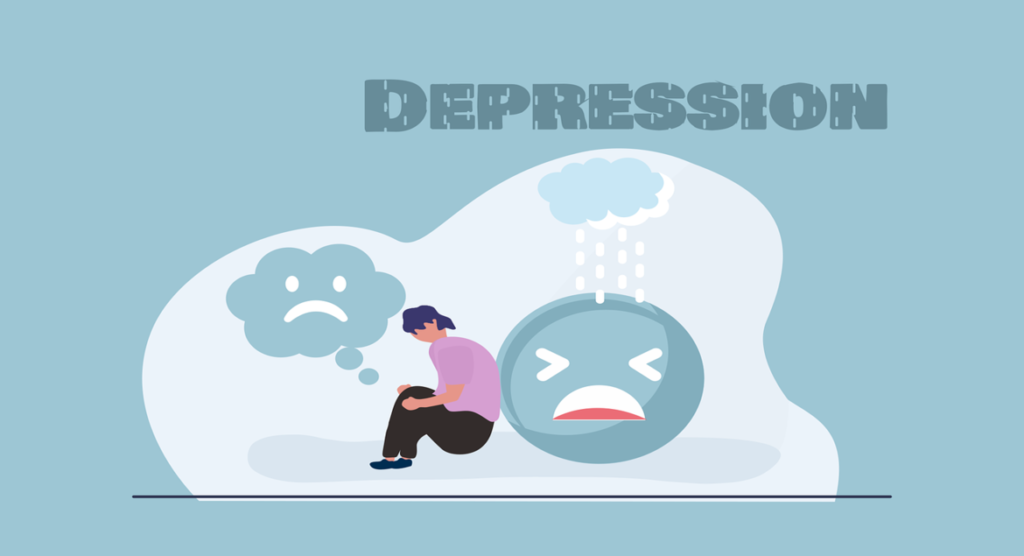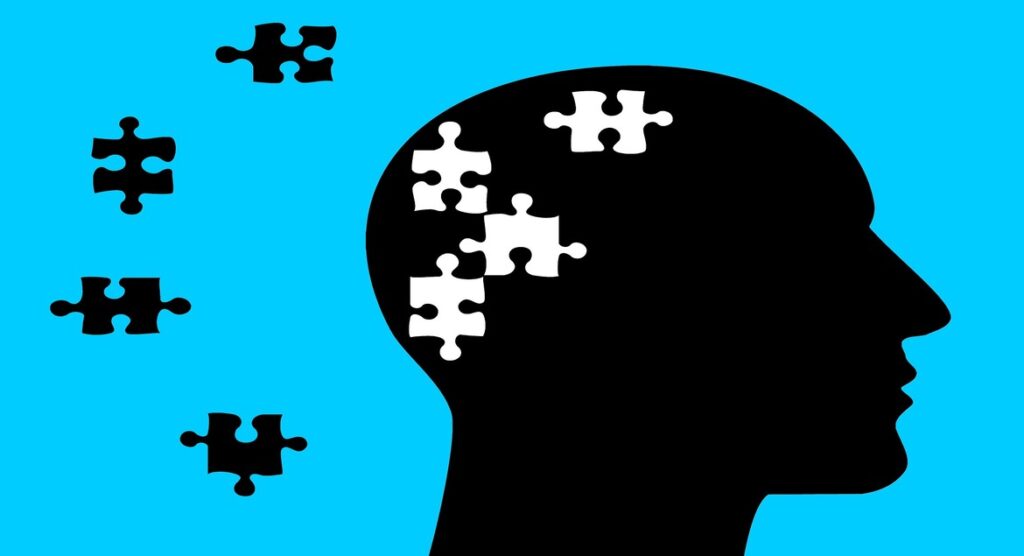In a world filled with constant challenges and demands, maintaining good mental health is more important than ever. Mental well-being affects every aspect of our lives, from our relationships and work performance to our overall happiness. In this article, we will explore strategies to prioritize and improve your mental health.
Table of Contents
1. Understanding Mental Health
Before we delve into strategies for well-being, it’s essential to understand what mental health is. Mental health encompasses our emotional, psychological, and social well-being. It affects how we think, feel, and act, and it plays a significant role in managing stress, building relationships, and making choices.
2. Prioritizing Self-Care
Self-care is not a luxury; it’s a necessity for maintaining good mental health. Make time for activities that bring you joy and relaxation. Whether it’s reading a book, taking a long bath, or practicing a hobby, self-care is vital for reducing stress and preventing burnout.
3. Seeking Professional Help
If you’re struggling with your mental health, don’t hesitate to seek help from a mental health professional. Therapists, counselors, and psychiatrists can provide guidance and support tailored to your specific needs. Remember, asking for help is a sign of strength, not weakness.
4. Building a Support System
Having a support system is crucial for mental well-being. Surround yourself with friends and family who uplift and support you. Share your thoughts and feelings with them, and don’t be afraid to lean on your support system during tough times.
5. Managing Stress
Stress is a natural part of life, but chronic stress can be detrimental to your mental health. Learn stress-management techniques such as deep breathing, meditation, or yoga. These practices can help you stay calm and focused, even in challenging situations.
6. Practicing Mindfulness
Mindfulness involves being present in the moment and fully engaging with your surroundings. Mindful practices, such as meditation and mindful breathing, can reduce anxiety and improve overall well-being. Dedicate a few minutes each day to mindfulness exercises.
7. Setting Realistic Goals
Setting achievable goals can boost your self-esteem and sense of purpose. Break larger goals into smaller, manageable steps, and celebrate your achievements along the way. This can enhance your motivation and overall mental well-being.
8. Maintaining Healthy Relationships
Healthy relationships are vital for mental health. Communicate openly with loved ones, resolve conflicts constructively, and foster a sense of belonging and connection. Positive relationships can provide emotional support during challenging times.
9. Limiting Screen Time
Excessive screen time, especially on social media, can contribute to feelings of anxiety and loneliness. Set boundaries for screen use and prioritize face-to-face interactions. Engage in activities that promote in-person connections.
10. Balancing Work and Life
Achieving a work-life balance is essential for mental well-being. Set clear boundaries between work and personal time, and make time for activities outside of your job. Finding this balance can reduce stress and prevent burnout.
Conclusion
Your mental health is a precious asset that deserves attention and care. By understanding the fundamentals of mental health and implementing these strategies, you can work towards a happier, more fulfilling life. Remember that seeking help when needed and surrounding yourself with positive influences are essential steps on your journey to well-being.
FAQs
1. What is the importance of self-care for mental health?
Self-care is essential for reducing stress and preventing burnout, promoting overall mental well-being
2. How can I find a suitable mental health professional?
You can start by asking for recommendations from your primary care physician or seeking referrals from trusted friends and family members.
3. What are some practical tips for managing stress on a daily basis?
Practice deep breathing, meditation, or yoga, and engage in regular physical activity to manage stress effectively.
4. How can I foster healthy relationships in my life?
Open communication, conflict resolution, and spending quality time with loved ones are key to maintaining healthy relationships.
5. Why is it important to limit screen time for mental health?
Excessive screen time, particularly on social media, can contribute to feelings of anxiety and loneliness. Setting boundaries and prioritizing in-person interactions can help mitigate these effects.
Remember that your mental health journey is unique, and it’s okay to seek professional guidance and support when needed. Your well-being is worth the effort and attention it requires.



